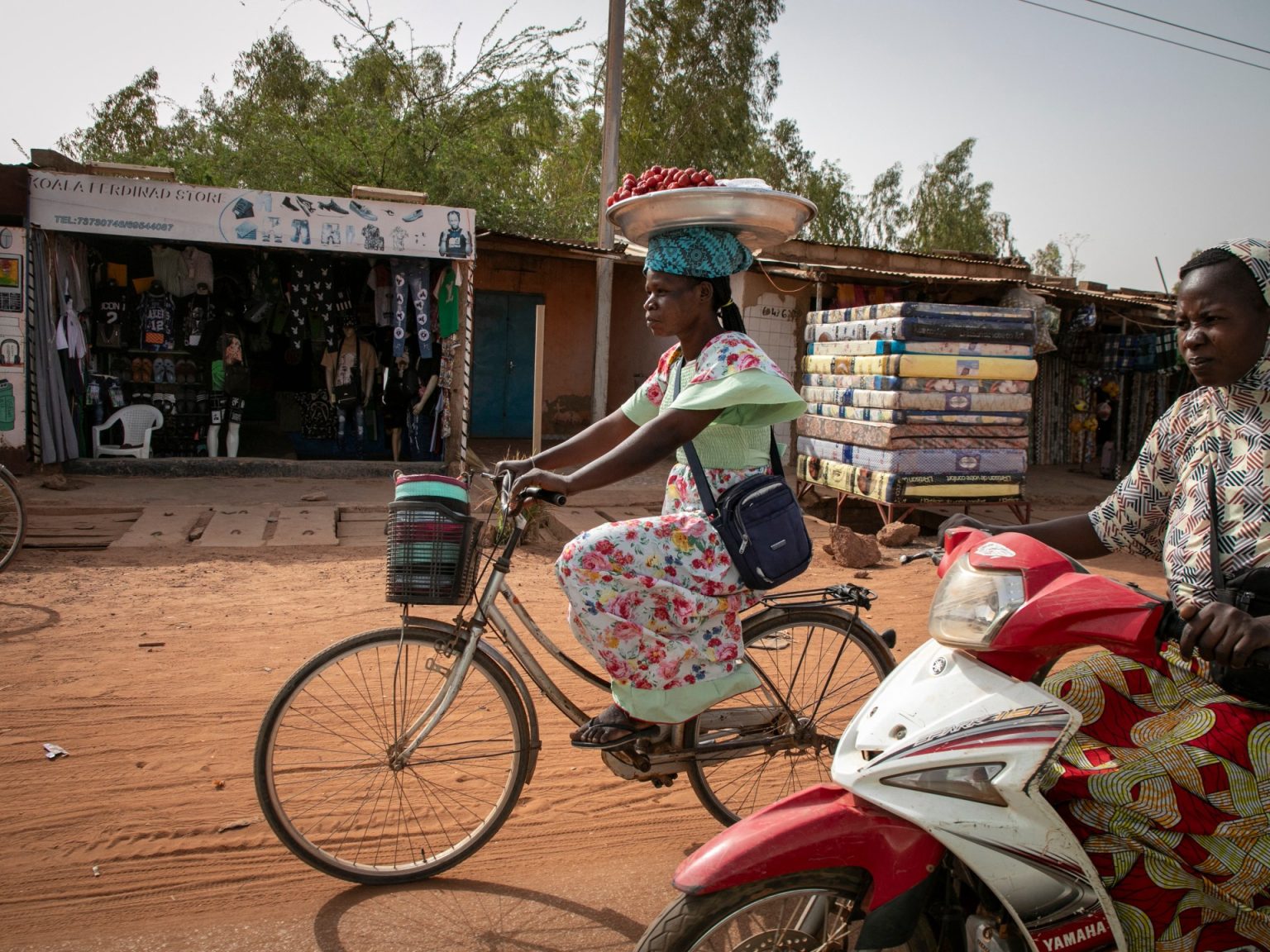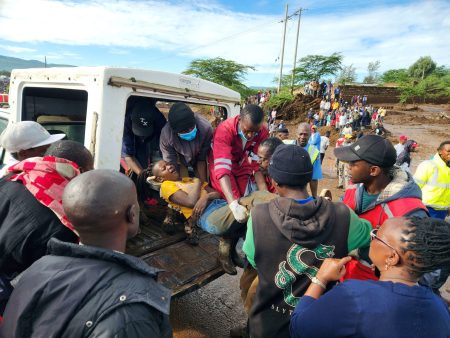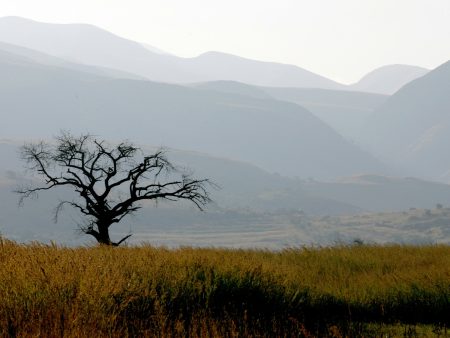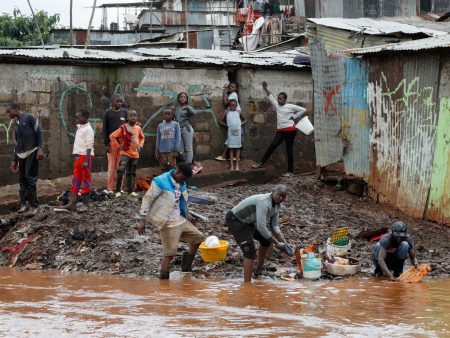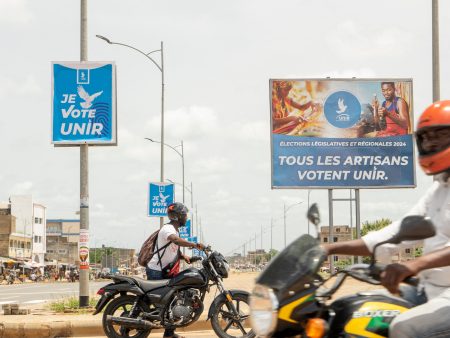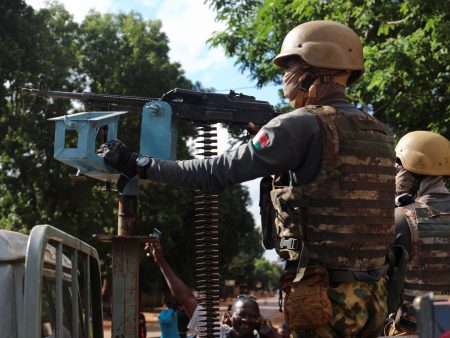A recent study by World Weather Attribution (WWA) revealed that Mali and Burkina Faso experienced an unprecedented heatwave in April, with temperatures exceeding 45 degrees Celsius (113 degrees Fahrenheit) between April 1 and April 5. The extreme heat, described as a once-in-a-200-year occurrence, was intensified by human-induced climate change. The study found that without global warming caused by activities such as burning fossil fuels, the heatwave would have been 1.4C cooler. The WWA warned that such extreme weather events will continue to occur with future warming and recommended that countries develop heat action plans and strengthen critical infrastructure to adapt to the increasing frequency and intensity of extreme heat.
The extreme heat in Mali and Burkina Faso led to a significant increase in the number of deaths and hospitalisations, with more than 100 deaths reported at the Gabriel Toure hospital in Bamako between April 1 and 4. The lack of data makes it difficult to estimate the exact number of heat-related casualties, but the WWA believes that there were likely hundreds, if not thousands, of other heat-related deaths in the region. Rapid urbanisation and loss of green spaces in cities like Bamako and Ouagadougou have exacerbated the urban heat island effect, making some parts of cities much warmer than others.
The Sahel region has been facing challenges related to water scarcity and drought since the 1970s, along with periods of intense rainfall since the 1990s. The dwindling availability of water and pasture, combined with the development of agricultural land, has disrupted the lives of pastoral populations and facilitated the growth of armed groups in Mali, Burkina Faso, and Niger. The extreme heatwave in April further aggravated these existing challenges, posing a significant threat to the region’s population. Countries in the Sahel region must adapt to the changing climate by implementing measures to mitigate the impact of extreme heat and ensure the resilience of critical infrastructure.
The WWA’s study highlighted the need for countries to develop heat action plans that would provide early warnings of extreme temperatures and offer guidance on preventing heat-related illnesses. It also stressed the importance of strengthening critical infrastructure such as electricity, water, and healthcare systems to cope with the increasing frequency and severity of extreme heat events. The WWA called for urgent action to address the impacts of climate change, including reducing greenhouse gas emissions and implementing adaptation measures to protect vulnerable populations in the Sahel region. By taking proactive steps to combat climate change and build resilience, countries in West Africa can better prepare for future extreme weather events and safeguard the well-being of their citizens.





